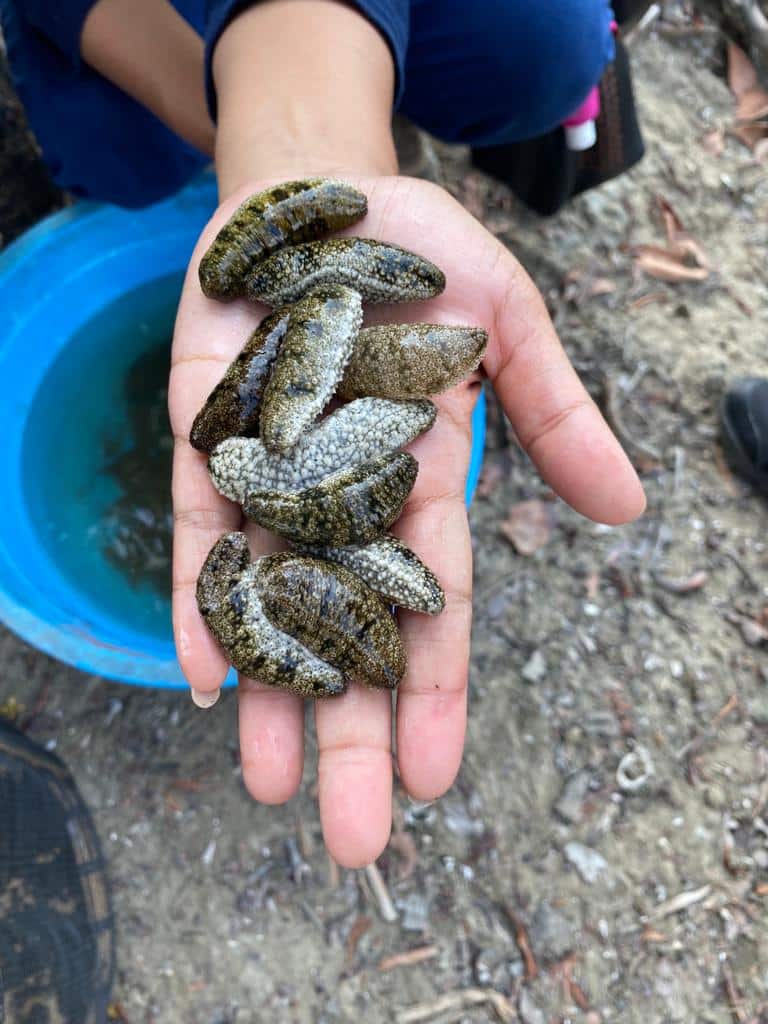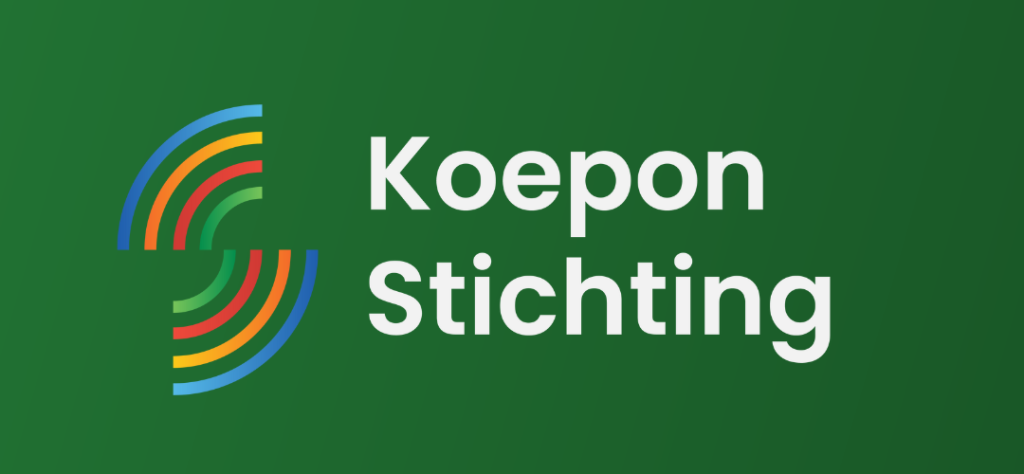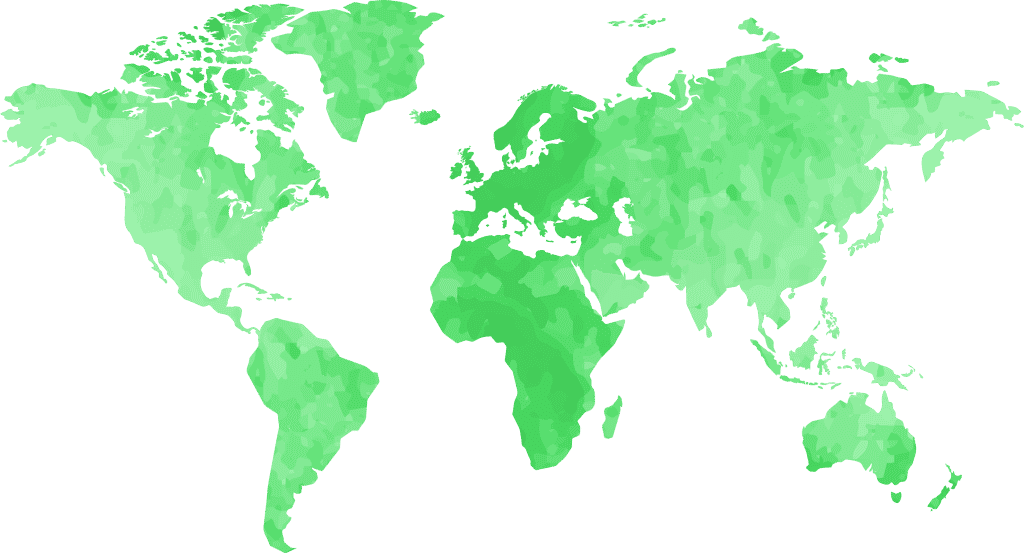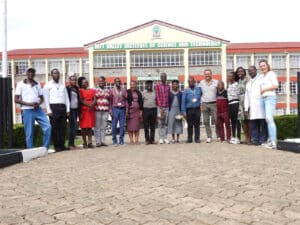Priadi Setyawan (Yogyakarta, Indonesia) is a modest man with a mission: to breed tilapia
that can thrive in shrimp ponds. Shrimps, like palm oil, are one of Indonesia’s major export
products. However, shrimp farming often leads to large-scale disease outbreaks, salinization
and pollution of water. For these reasons, many local farmers aim to change to a more
small-scale, sustainable combination of tilapia and shrimp cultivation. It has been found that
these two species positively influence each other, resulting in fewer diseases, deaths and
environmental pollution.
Tilapia is a crucial source of protein for the local populations in large parts of Southeast Asia
and Africa. Tilapia is originally a tropical freshwater fish. In order to cultivate this fish in
brackish shrimp ponds, Priadi initiated a breeding program in 2014 using a local strain called
“Sukamandi”. This strain proved to be well-adapted to the high salt concentrations
commonly found in shrimp ponds. With the support of the Koepon Foundation, a
collaboration was established in 2018 with the Department of Animal Breeding and
Genomics at Wageningen University to establish a professional breeding program.
Over a total of 6 generations, selection was made for improved growth of Tilapia in brackish
water, both in the presence and absence of shrimp. Fertility was also considered, as it is not
intended for tilapia to reproduce in brackish water. The research results were published in
scientific journals and a thesis (link) that Priadi successfully defended on October 2, 2023, in
Wageningen. The Ministry of Aquaculture has since started to propagate the improved
Sukamandi tilapia for distribution among the farmers, who wish to cultivate this fish in
conjunction with shrimp. In this way, the Koepon Foundation contributes to a more
sustainable future of farmers in Java.










